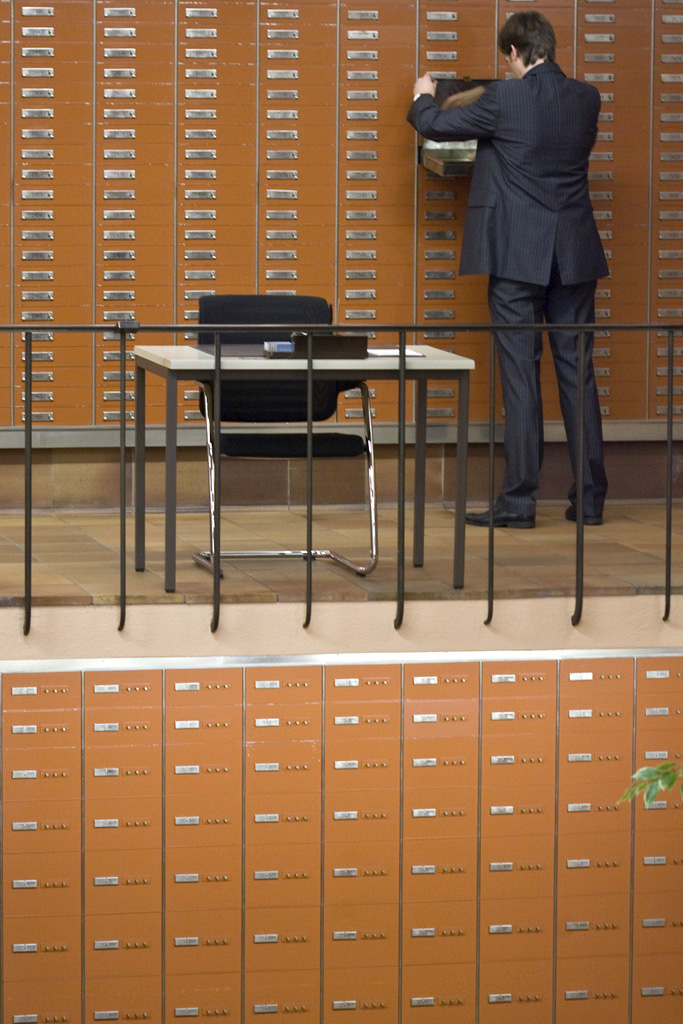Swiss sign on to global bank information exchange

Switzerland has agreed to share tax information as part of a programme by the Organisation for Economic Co-operation and Development (OECD) to clamp down on banking secrecy.
“Switzerland welcomes the commitment of both the OECD members and non-members that hava a major financial centre,” a statement by the State Secretariat for International Financial Matters said on Tuesday.
Singapore also signed on to the agreement on Tuesday, joining the OECD’s 34 members and 13 other countries in pledging to gather tax-related information from financial institutions and automatically exchange it every year.
The new OECD global tax standards have yet to be formally adopted, which is expected to happen in 2017 at the earliest.
Banking secrecy in Switzerland has continued to erode under pressure from foreign governments to exchange information on their citizens in order to crack down on tax evasion.
Last year, cabinet decided to participate in the automatic exchange of bank information under certain circumstances. Specifically, they said any tax standards the government agrees to must be of a truly global nature and that reciprocity must be guaranteed in the exchange of tax data.
Economics Minister Johann Schneider-Ammann said on Wednesday that the deal would end “old-style” banking secrecy but did not concern that inside the country for Swiss citizens.
He added that the Swiss parliament and Swiss citizens would have the last word.
“We are only at the start of negotiations,” he told a press conference in Paris.
He added that Switzerland had taken a first step and that other important financial centres must sign up from the start.
“Not just in theory, but also in practice. Otherwise, Switzerland will not be able to maintain the solidarity it has shown,” said the Swiss minister.

In compliance with the JTI standards
More: SWI swissinfo.ch certified by the Journalism Trust Initiative










You can find an overview of ongoing debates with our journalists here . Please join us!
If you want to start a conversation about a topic raised in this article or want to report factual errors, email us at english@swissinfo.ch.